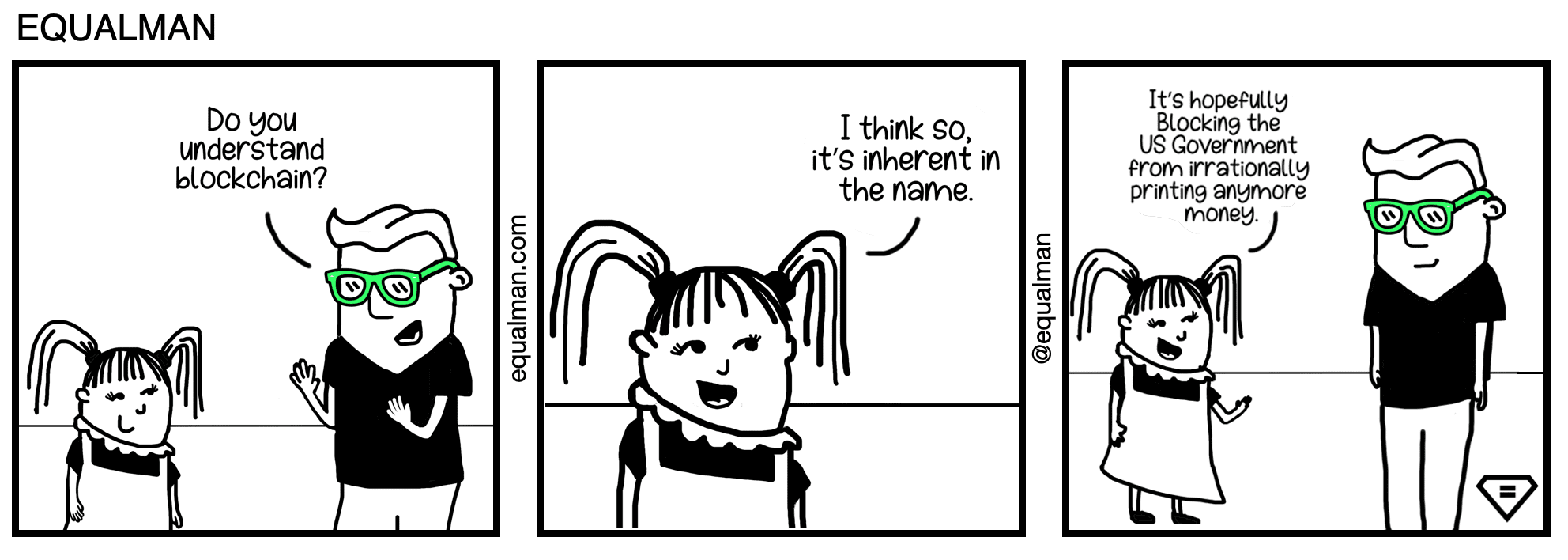Why is it called Bitcoin?
Bitcoin is just one type of cryptocurrency that has been dominating the market and changing the way money is being viewed and handled. Created in 2009, the world’s largest cryptocurrency has taken the common exchange of fiat money to another level through its use of blockchain. But, why is it called Bitcoin?
Bitcoin is called “Bitcoin” primarily because of the way it uses fractions of single coins in a registry. Due to it being a single coin out of bit gold, the name “Bitcoin” was formed. It is a digital currency that is currently decentralized from the government and offers a “middle-man free” way of spending money without banks or the government managing transactions.

The faceless Satoshi Nakamoto’s creation of Bitcoin utilizes “digital signatures” or verification based on math that stems from cryptography. The public and private keys associated with Bitcoin are ways of making safe and authorized transactions between users. Using the public key, individuals can send and receive Bitcoins while the private key works like a digital signature specially designed for every transaction. Cryptographic hash functions are used to prove “work” on a list of transactions and make it valid because of these immense computations. The list of transactions paired with the proof of work is what is referred to as “blockchain.”
How Blockchain Works
Blockchain is a way of verifying transactions and showcasing proof of work. Much like a database with data stored in tables, blockchain has blocks of data chained together. In this way, it is irreversible and makes it a decentralized way of ensuring transactions are trustworthy. Its storage of cryptocurrency transaction history makes it irrefutable and has yet to be tampered with and has made it seemingly impossible to cheat the system.

Blockchain is implemented with Bitcoin by storing each Bitcoin transaction. The computers that hold all the data are in different geographical locations as a network of nodes. The utilization of information from other nodes makes mistakes within the blockchain hard to come by but easy to fix. Furthermore, block rewards for creators of a block, or miners, work to increase the total Bitcoins in the economy with each new block.
El Salvador and Bitcoin
Bitcoin is being used as a new and common form of exchange. On Tuesday, El Salvador became the first country to implement Bitcoin as a legal currency. Prices in the country can now be shown in Bitcoin, and after years of using the US dollar and continuously recovering their economy from a civil war, the country has decided to use the decentralized cryptocurrency legitimately. Prices will be shown in both US dollars and Bitcoin, and the government plans to set up a way that these Bitcoins can be converted to dollars and vice versa. The historic move is gaining mixed reviews as Bitcoin is still a new and unpredictable avenue of currency exchange especially in a country with such an already volatile and fragile economy. Not to mention, the sheer amount of natural resources bitcoin mining uses and its negative impact on the environment is a major disadvantage. Reportedly, however, President Nayib Bukele would make use of geothermal energy from volcanoes as an alternative to this outstanding con.









